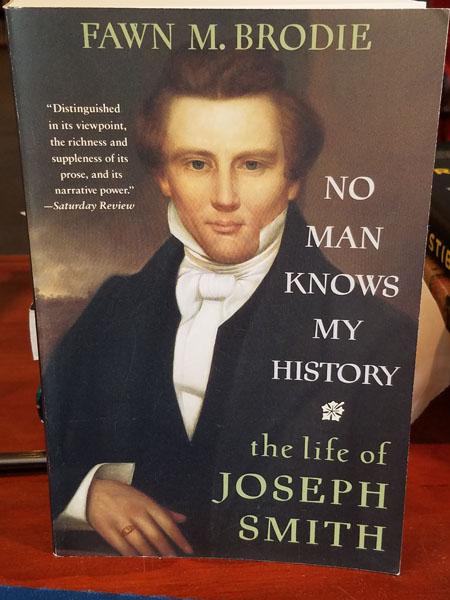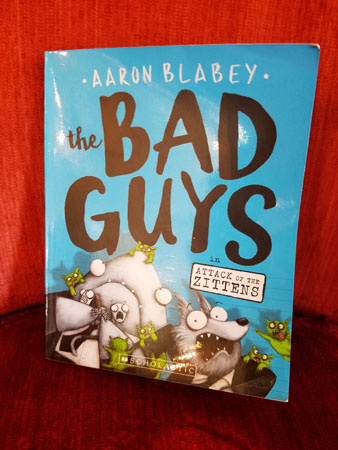Starz
has two seasons of a limited run show called The Missing. Each series or season, about 8 episodes, tells a
complete story. I won’t say there aren’t cliffhangers (there’s a hell of one at
the end of Series 2) but the story of “the missing” in each series is resolved.
And already I want to hedge and say “maybe not so resolved in Series 1.”
The consistent character is a French detective, later a retired detective, named Julien Baptiste, who investigates missing persons cases. In each series, the story followed two storylines, a “present tense” storyline on a cold case, and the past tense story of that cold case itself. Actually Series 2 may have had 3 timelines since we get one scene of the original abduction.
I watched Series 2 first for no real reason (except I knew each season was a standalone) and I am so glad I did, because I liked it a lot better than Series 1. While I think Series 1 is good, with a high quality of production, writing, casting and acting, I might not have watched the second series, which would have been too bad since it resonated much more deeply with me.
Season 1 takes place in France, where a vacationing British family – mom, dad and six year old son Oliver – get stranded in a town during the World Cup Week in 2006 when their rental car breaks. The dad and the boy go out for a day of fun at the municipal swimming pool. They decide to get beverages after, so they walk over to the refreshment stand, which is jammed with people watching a cup match. In the jostling, cheering, drunken crowd, the father lets go of the Oliver’s hand for a minute, trying to get the counter person’s attention. When he looks down, the little boy has vanished.
In the present tense, the father, Tony thinks he’s discovered a new lead in the present day. Baptiste shows up to help him. We learn that the couple has divorced and the mother is remarrying. We learn through flashbacks that a prominent man in the town’s community in 2006, someone very rich, was part of a child-molester ring. He disappeared in 2006. The evidence continues to mount that Oliver was taken by a trafficking ring. At the end, the writers give us a twist, which is satisfying but emotionally open-ended, because the father, Tony, does not believe the resolution. At the end he is still searching.
It’s well written and nicely filmed, and the story was topical. The stories of various characters, not just the parents and the detective, were quite good. There were just enough red herrings. All that said, it was a male-centric show and the portrayal of the father as a man who solves his problems with his fists (although he’s never been violent toward his wife or child, apparently) got to be old-hat for me.
The showrunners introduced a character I thought was daring and thoughtful; a young man who is a pedophile but not a child-molester. He struggles against his desires all the time. Of course, early on he is brought in as a suspect. He is beaten up by the father not once but twice. His arc was one of the more interesting, as he tries to fit into a society that rejects him. The actor playing him is convincing and brave. His story ending made me think I’d fallen in to a mid-Victorian fallen-woman novel. I understand why Vincent might choose to do what he did, and I think the writers are making a point… but I wish we were advanced enough that this character could have had a resolution that rewarded his courage.
So, it was solid, well-written, thoughtful television that I admired but did not love.
Series 2 goes in a very different direction. Set on a British military base in Germany, it starts when a young woman who was abducted as a girl eleven years earlier returns to her home town, wearing pajamas and nearly dead from a ruptured appendix. Her family is shocked, thrilled, unbelieving and then completely believing. Alice Webster recovers from emergency surgery and returns to their home, after mentioning in a delirious state the name of another young woman, Sophie Giroux, a French girl who was abducted before she was and never found. And yet she will say very little (or nothing) about what happened to her.
Gabriel Baptiste, now retired, comes to the German town to interview her about the missing French girl. This starts him on a quest that will lead him from Germany to the Iraqi border. In the meantime, Alice identifies a local butcher as the man who abducted her. The butcher is a hobbyist birder, often gone for an entire day or weekend, with no alibi for eleven years earlier, and every time he produces a fact that should exonerate him, another bit of damaging evidence appears.
Gemma, Alice’s mother, begins to doubt that the young woman is who she says she
is.
Alice insists on sleeping in a storage shed on the property. She says it’s the
only place she feels safe, and begs her brother to lock her in each night. It’s
easy to see this as a reaction to nearly a decade of imprisonment… and it’s not
hard to see where this is going.
This story focuses on the returned girl, the mother, a woman military police
detective, and the military detective’s father who is a brigadier. The Iraq connection
is (intentionally) baffling at first but becomes clearer and clearer. The army
police officer, Eve, is a complicated character who does things that are good
and things that are bad, and we do begin to understand her.
One of the best performances in the series is given by Roger
Allam, who plays Brigadier Adrian Stone. Allam is an actor of vast
experience, and the layers this character slows us are a perfect fit. He can
deliver a whole soliloquy with one look. Gemma (Keeley Hawes) and Eve (Laura
Fraser) interact and intersect in fascinating ways. A great deal of the
suspense of this story rests on the shoulders of Alice, and Abigail Hardingham
convinces.
The common thread in both series is Baptiste, played by the Polish action
Tcheky Karyo. (The first name is apparently pronounced roughly like “Jacky”). Karyo
is capable of playing a man of great quiet; a man who listens, who can draw on
a deep well of compassion. At the same time, in Series 2 he grows increasingly
urgent, and when the reason is revealed, we share that urgency.
In both series, the showrunners make an interesting choice to remove Baptiste
from his official position as a detective. This means that he has little or no legitimate
authority; he must rely on other means to get information. (In Series 1,
Oliver’s parents, now separated, buy information from an informant in one scene.)
Baptiste can manipulate or cajole local law enforcement into helping him based
on his formidable reputation, but really, not much more than that. This is
where Baptiste’s ability to listen comes in. He knows that most people want to
tell their story, want to be heard.
The resolution of Series 2 seems, at first glance, less “realistic” than Series
1 – on second glance, in the past few years we’ve had several news stories that
support the plot wrap-up the writers chose. I rolled my eyes at the somewhat
sexist element that “a mother will always know her child,” and Gemma’s almost
mystical insistence, in the face of all the facts (including DNA) that Alice
might not really be Alice. These are quibbles. The extremes these characters
went to, good and bad, on the strength of their motivations, was compelling and
believable in the moment. Whether it’s love of family, revenge, solidarity
during wartime, or self-protection, people are often driven by impulses they
don’t even consciously acknowledge, and that was well delineated here.
I hope there is a Series 3 because I want to watch it.







